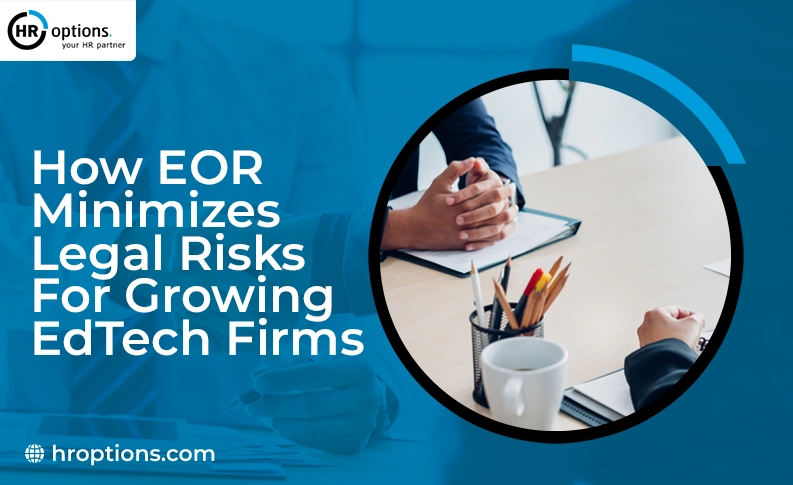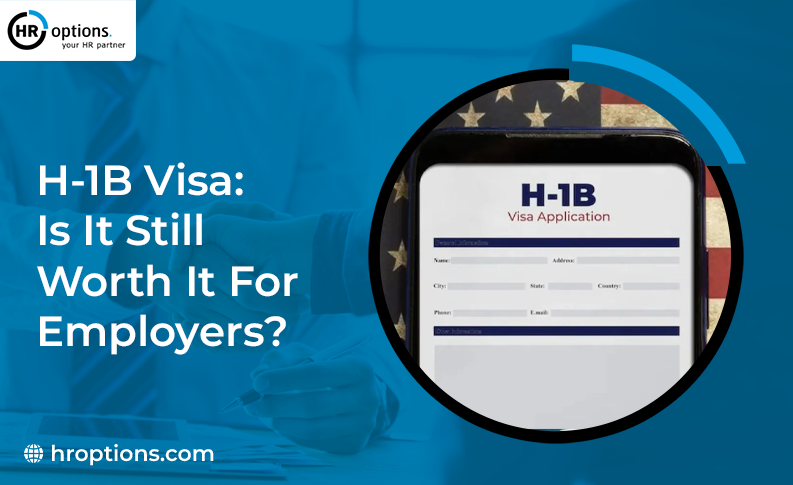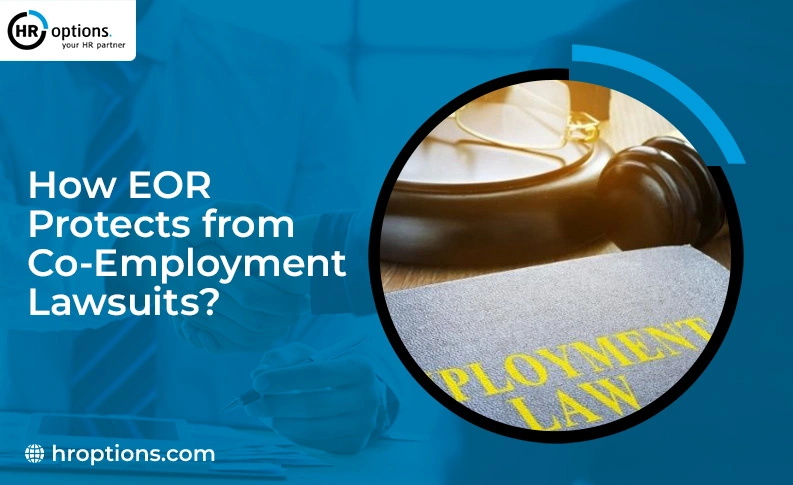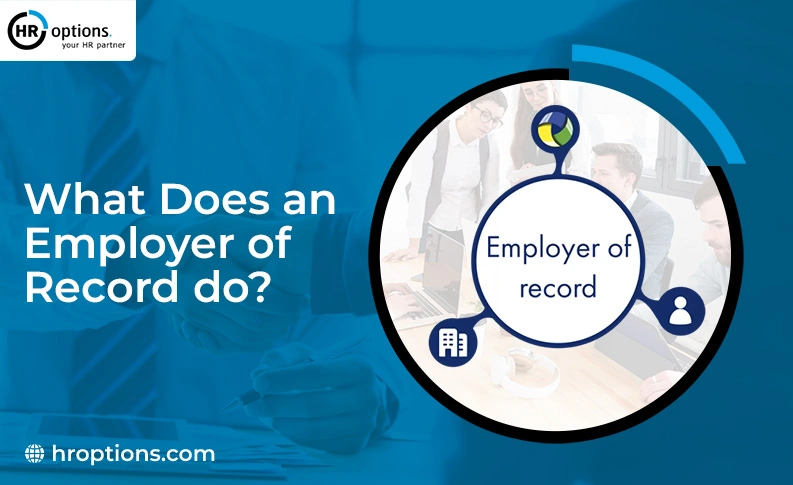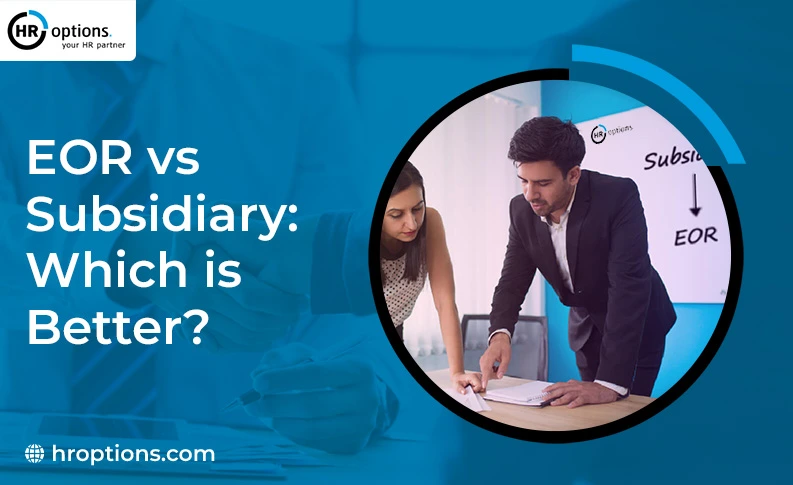EdTech companies scale quickly. One month, you’re hiring a few contract developers; the next, you’re onboarding educators across borders and handling sensitive student data. With each new hire, the legal landscape gets more complicated, especially when it comes to employment classification, content rights, and data privacy. That’s where an Employer of Record (EOR) makes a real difference by offering key benefits like global hiring support, compliance assurance, and reduced legal risk.
By stepping in early, they ensure your contracts are enforceable, your payroll processes meet all legal and tax requirements, and your team is classified correctly. It also helps manage education-related regulations like data handling, intellectual property ownership, and region-specific labor rules. These are key benefits of EOR in the EdTech industry. With support in all these areas, an EOR minimizes legal risks for growing EdTech firms and helps them scale with fewer delays, disputes, or compliance setbacks.
Ways an Employer of Record Minimizes Legal Risk for Growing EdTech Firms
Let’s explore how each of these protections supports legal safety and smooth growth in Edtech companies.
1. Ensures Proper Classification of Educators and Contractors
EdTech firms often work with a mix of full-time developers, part-time instructors, freelance content writers, and adjunct subject experts. Misclassifying these workers, especially those outside your home country, can result in serious penalties.
An EOR ensures each role is classified accurately based on duties and location. It provides contracts with the right employment terms and correctly assigns tax obligations. This keeps you compliant and prevents unexpected audits, fines, or retroactive tax bills.
2. Maintains Compliance With Data Privacy and Education Laws
Educational platforms collect and store sensitive user data – student names, emails, performance records, sometimes even video recordings. Laws like FERPA (U.S.), GDPR (EU), and COPPA (for minors) may apply depending on who you’re serving.
An EOR helps you comply with these privacy laws when managing staff who handle this data. It ensures that proper data handling practices, employee access rights, and storage protocols meet local legal standards.
3. Constructs Legally Sound Contracts Across Jurisdictions
As EdTech companies expand to new regions, their employee and vendor contracts need to meet different legal standards. An EOR localizes contracts to include enforceable terms based on regional laws, especially when it comes to ownership of intellectual property, confidentiality, and non-compete clauses. Whether you’re hiring a curriculum designer in India or a software engineer in Germany, you can be confident your agreements are airtight and legally valid.
4. Handles Employment Law and Regulatory Compliance per Region
EdTech firms often build remote-first teams. That means your workforce may span states, provinces, or countries, each with its own set of labor laws. From paid time off and work-hour limits to termination notice requirements, legal compliance varies wildly.
An EOR monitors and applies all regional regulations correctly. You don’t need to study foreign labor codes because the EOR already has legal expertise. This reduces the risk of labor disputes and ensures your policies hold up under legal review.
5. Manages Payroll, Tax Filings, and Benefits in Legal Compliance
Even a small error in payroll or tax filing can draw scrutiny from local authorities. If your startup is managing global staff, the risk multiplies. An EOR handles payroll in local currency, applies accurate tax rates, and files reports on your behalf.
It also oversees benefits administration, making sure coverage complies with local laws. This protects you from tax-related penalties and employee lawsuits over missing payments or delayed deposits.
6. Protects Intellectual Property and Employment Rights Gracefully
In EdTech, intellectual property covers everything, from platform code to curriculum, videos, and lesson plans your team creates. Without clear agreements in place, ownership can get murky.
An EOR ensures every employment contract includes proper IP clauses, so there’s clear, documented ownership of all created materials. It also ensures that legal protections regarding confidentiality, non-disclosure, and content usage are in place after employment ends. That reduces the risk of disputes over educational content or proprietary systems.
Conclusion
Growing an EdTech firm means hiring fast, managing remotely, and handling complex compliance issues along the way. That’s exactly where an Employer of Record makes a difference. It classifies your workers accurately, handles data privacy rules, and creates contracts that hold up globally.
An EOR also keeps your team aligned with regional labor laws, manages payroll and tax reporting, and protects your educational content and systems from misuse. Each step minimizes legal risks for growing EdTech firms, making it easier to scale without legal setbacks. With HR Options as your EOR partner, you can stay focused on impact while it handles the fine print.
